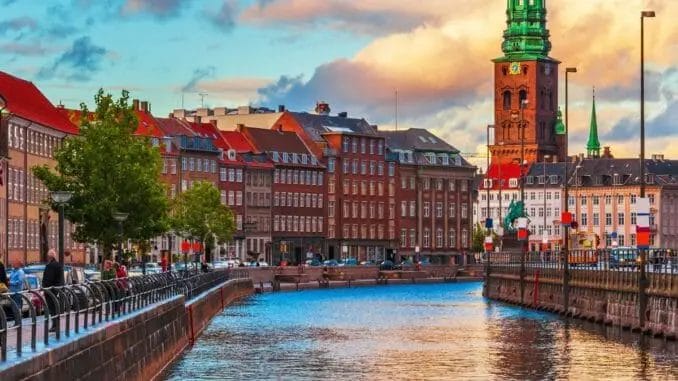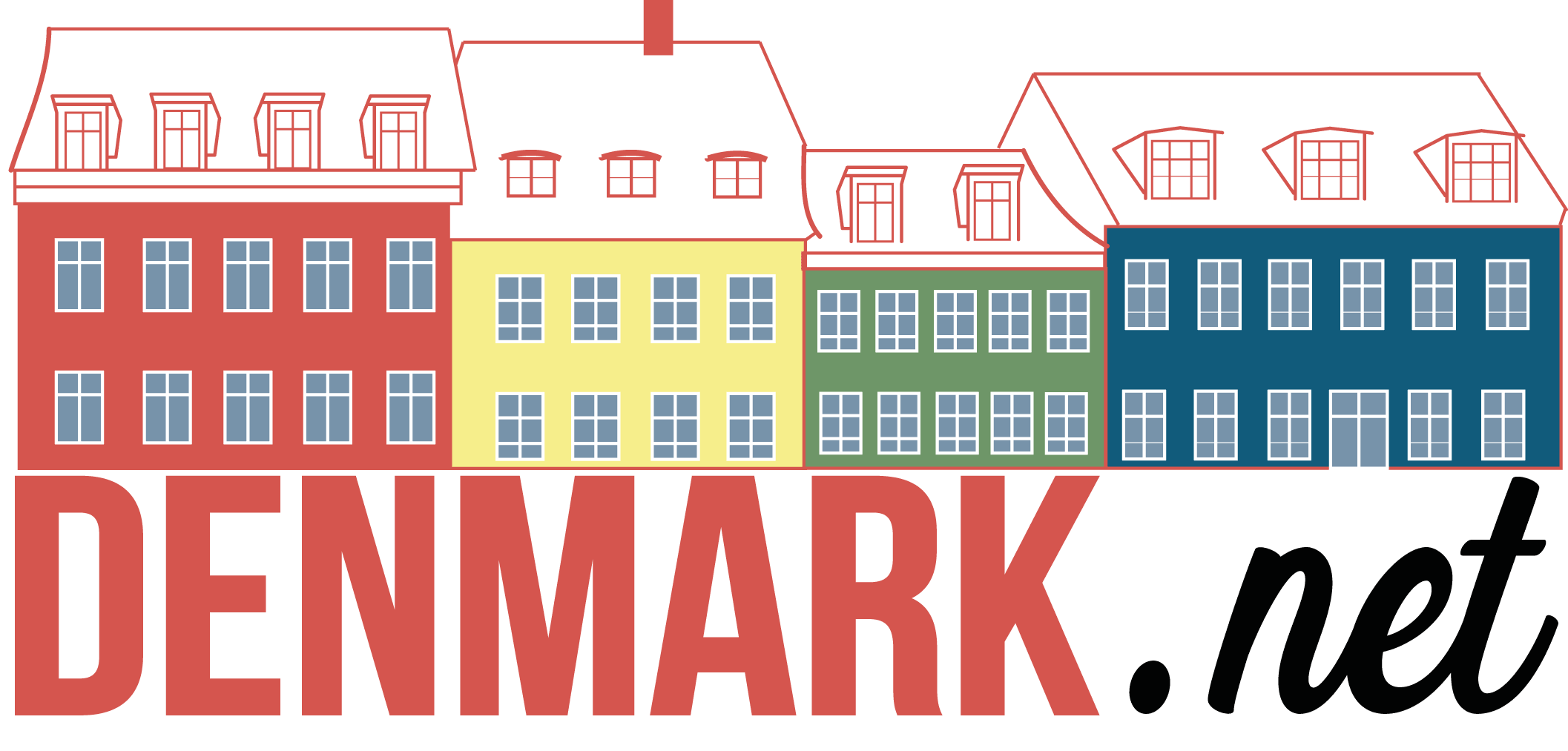
Every year, the European Union (EU) creates a list of the most digital-forward countries within its borders.
This vast document gives each nation four separate scores in four distinct areas.
These are:
- connectivity
- integration of digital technology
- digital public services
- and human capital
We’ll go into what each of these things means shortly but, for now, all you need to know is that Denmark is one of the most digitally impressive countries on earth, even improving over previous years' results.
Defining “Digital”
Digital, which usually describes anything that connects to or works via the internet, is a major growth driver in any post-industrial society.
However, there are still large gaps between the most well-connected places and those that struggle with their information infrastructure, something that the EU acknowledges even among its member states.
For example, the countries with the worst digital scores are Romania, Bulgaria, and Poland, which are all significantly below the EU average.

The problem is that digital is a creature with many faces.
For most of us, digital means things like online marketing, search engines, social media, and public relations but these can obviously apply to any company in the world, from the most rundown plastics factory to up-market celebrity management.
In fact, an approach that takes account of every bit of digital technology has become important even for well-established industries, like banking, gaming, and news media.
In addition, lots of these sectors create and maintain their own sub-industries.
To use gaming as an example, the appearance of comparison sites for casino operators has extended the digital footprint of what started out as a strictly physical way of passing the time.
The CasinoGuide website lists an array of casinos just for Denmark, which includes LeoVegas, NordicBet, and Casino.dk but there’s really no telling if this is the limit of this industry, as far as its interest in the digital world is concerned.
The Danish Household
The EU’s yearly document is called the DESI or Digital Economy and Society Index.
Overall, Denmark is ranked the top country of the 27 states included based on a number of simple achievements.
These are the strength of the public’s digital skills, the number of people connected to broadband services, how often people communicate with the government online, and the number of businesses that make use of digital inventions.
These are what make up the four categories mentioned in this article's introduction.

Let’s reveal the numbers, published by the European Commission, that helped Denmark claim its position as the continent’s most tech-savvy place.
For one, Danes tend to be much more comfortable with technology and the internet than their fellow EU citizens.
This trait doesn’t come without a few caveats, though, as only 70% of people report “strong” skills.
This makes the quarter of people with less-than-stellar digital skills seem more like a forgotten group, rather than a select bunch still in training.
In brighter news, 94% of Danish homes are connected to fast internet services, while 80% of mobile users benefit from 5G connections.
Inevitably, the more impressive the broadband networks, the less likely people are to have them. Just under half of households have access to speeds higher than 100mb/s.
Some of these figures, such as mobile network speeds, are the highest reported in the European Union. By way of comparison, Bulgaria, second from last, only has 59% broadband coverage.
Talking about Business
As far as the average Danish business is concerned, their contribution to the country’s DESI score is based on seemingly ordinary things like paperless invoices, use of Facebook, Twitter, and Instagram, and whether or not they have new technologies like cloud storage.
There’s quite a large gulf between small business and big business, though. The latter is more likely to have adopted everything that can possibly be called digital while smaller traders may lack for this “digital intensity”.

The business part of the DESI is arguably where Denmark underperforms.
Efforts to make companies greener by reducing their carbon footprint or using electric vehicles seem to be in their infancy, as of 2021.
The use and spread of artificial intelligence to meet the same environmental goals is also in a rather underwhelming position but “green procurement”, the idea that it’s possible to buy goods in a less harmful way, is one thing Denmark gets top marks for.
Finally, e-government seems like an odd thing to judge a country’s worth upon but using the internet to improve access to services is one of the easiest ways to combat things like poverty, illiteracy, and crime.
Almost all (92%) Danes talk to their government via the internet, which makes the Nordic country number one in the EU.
The concept of e-government also includes something called open data, which promotes loose or no copyright restrictions on important info.
As an example, the World Bank already provides this kind of access to population and GDP data.
Overall, there's plenty of good news to be found within Denmark's digital ecosystem.

Be the first to comment